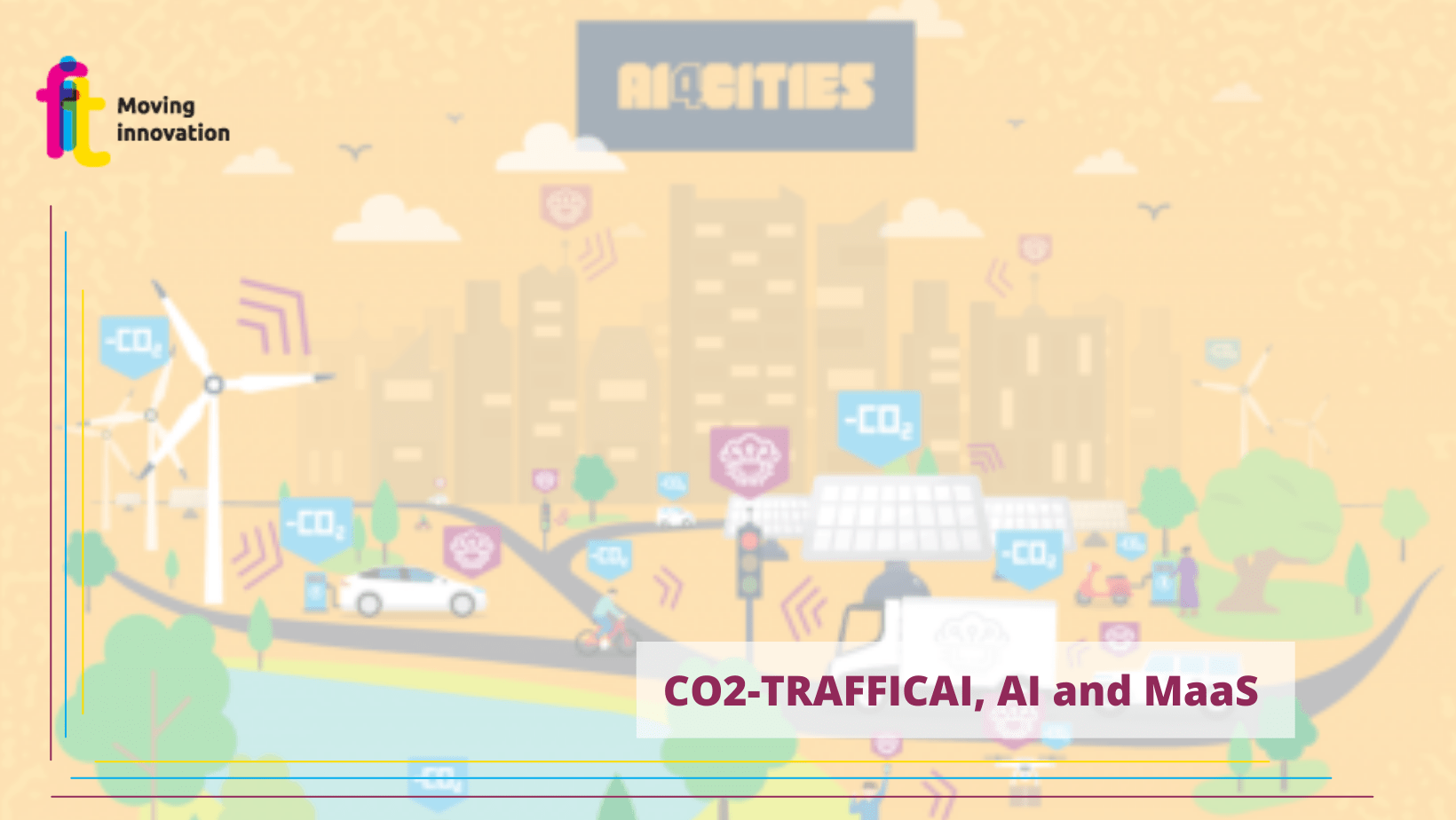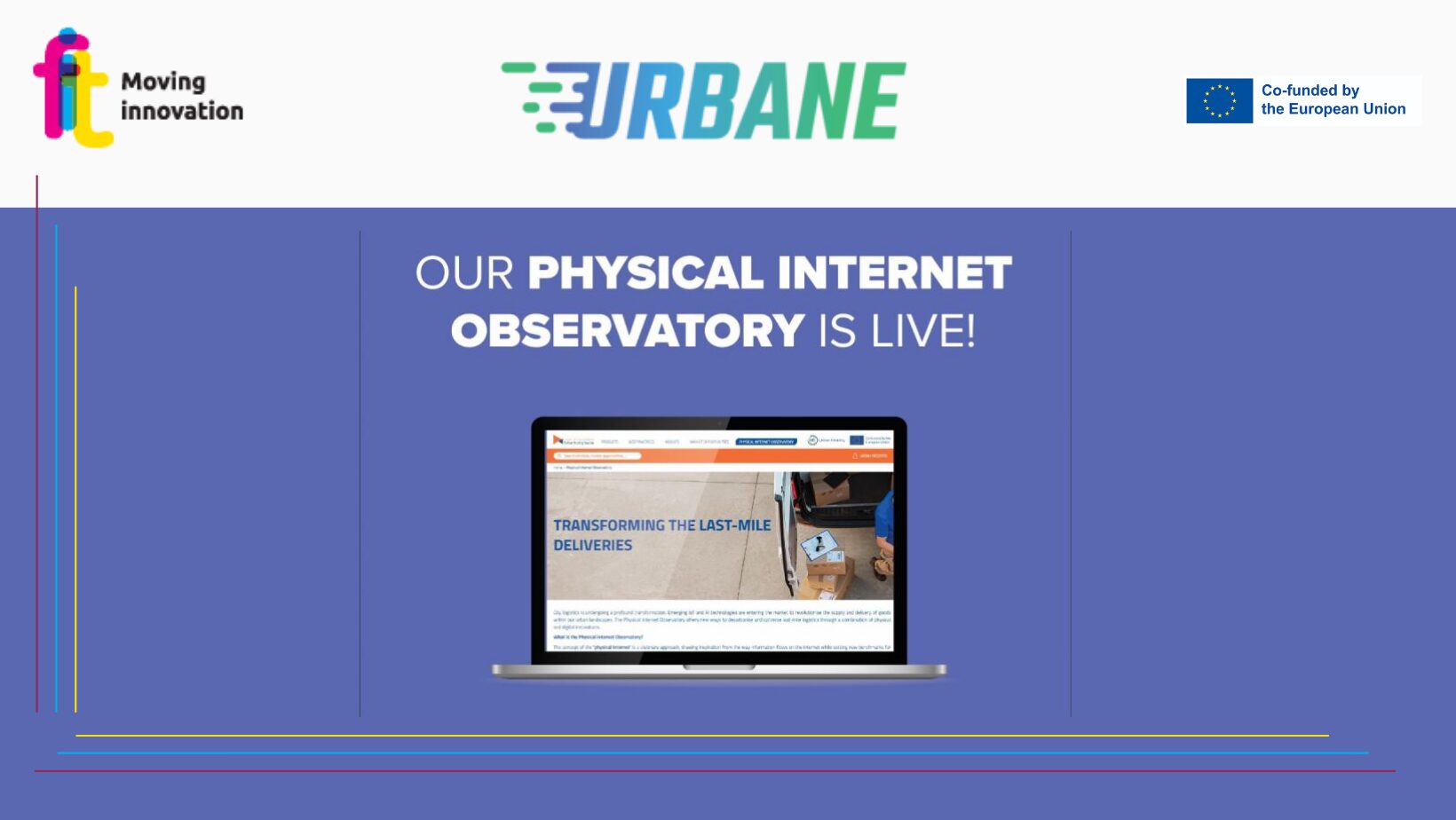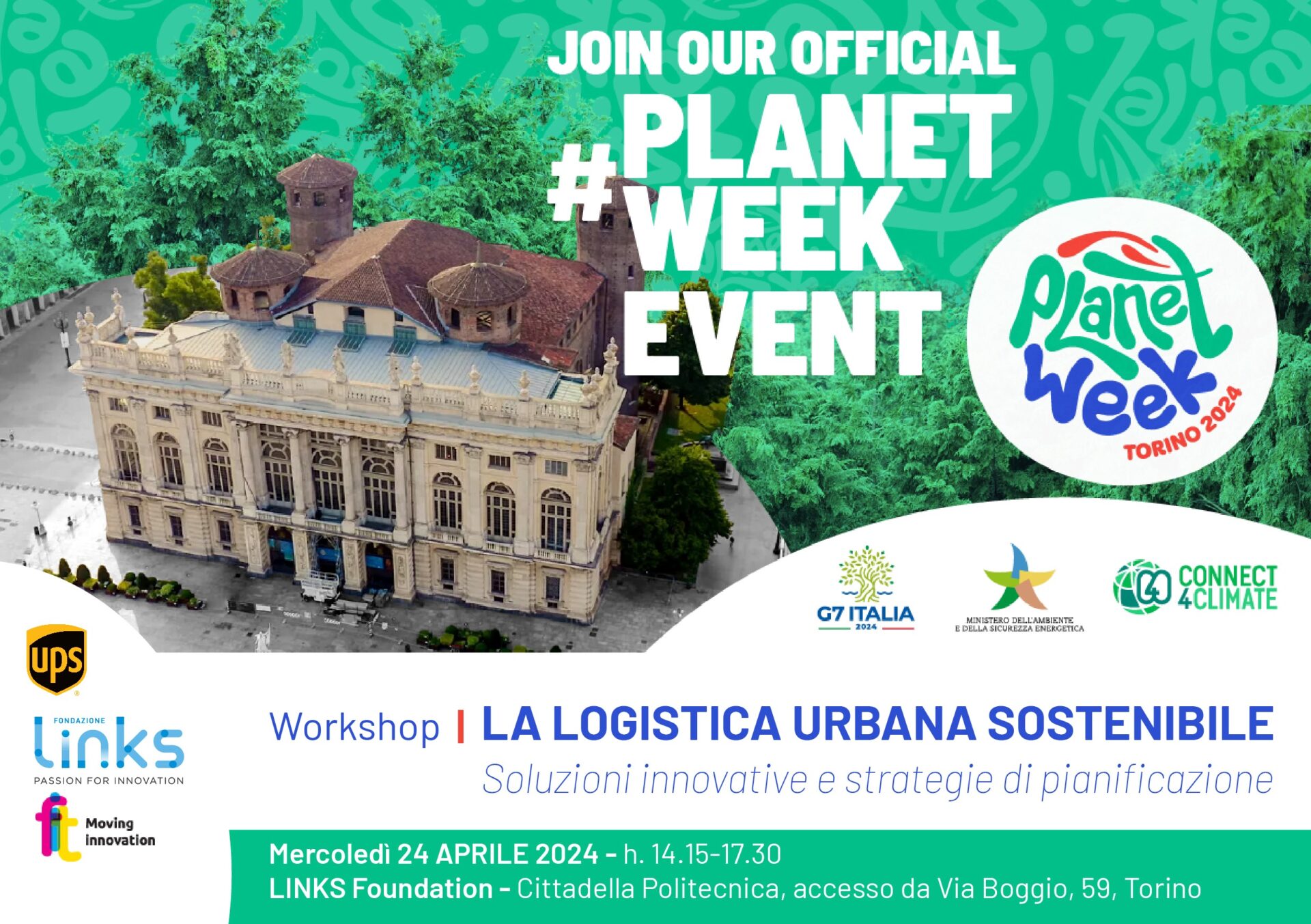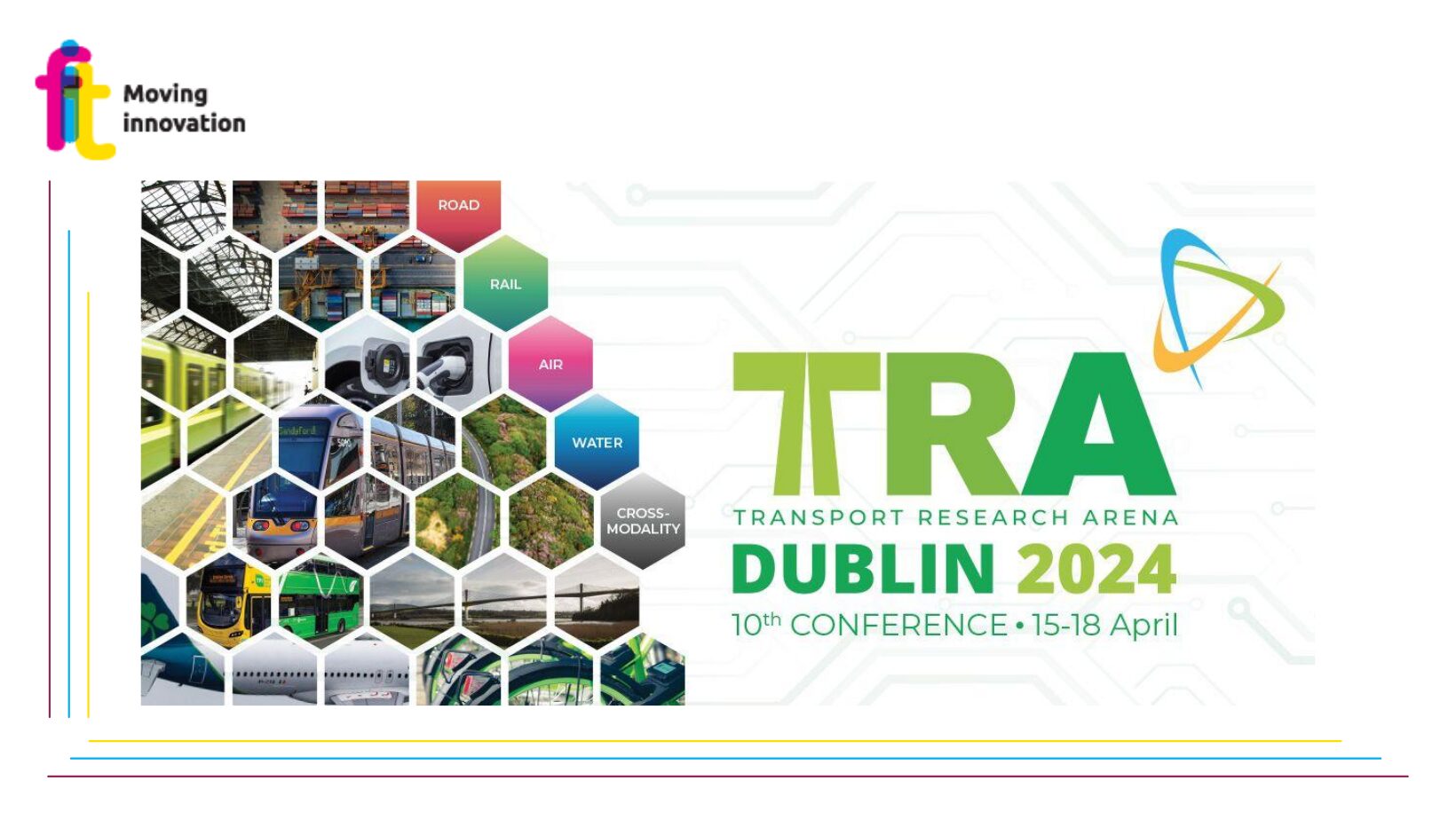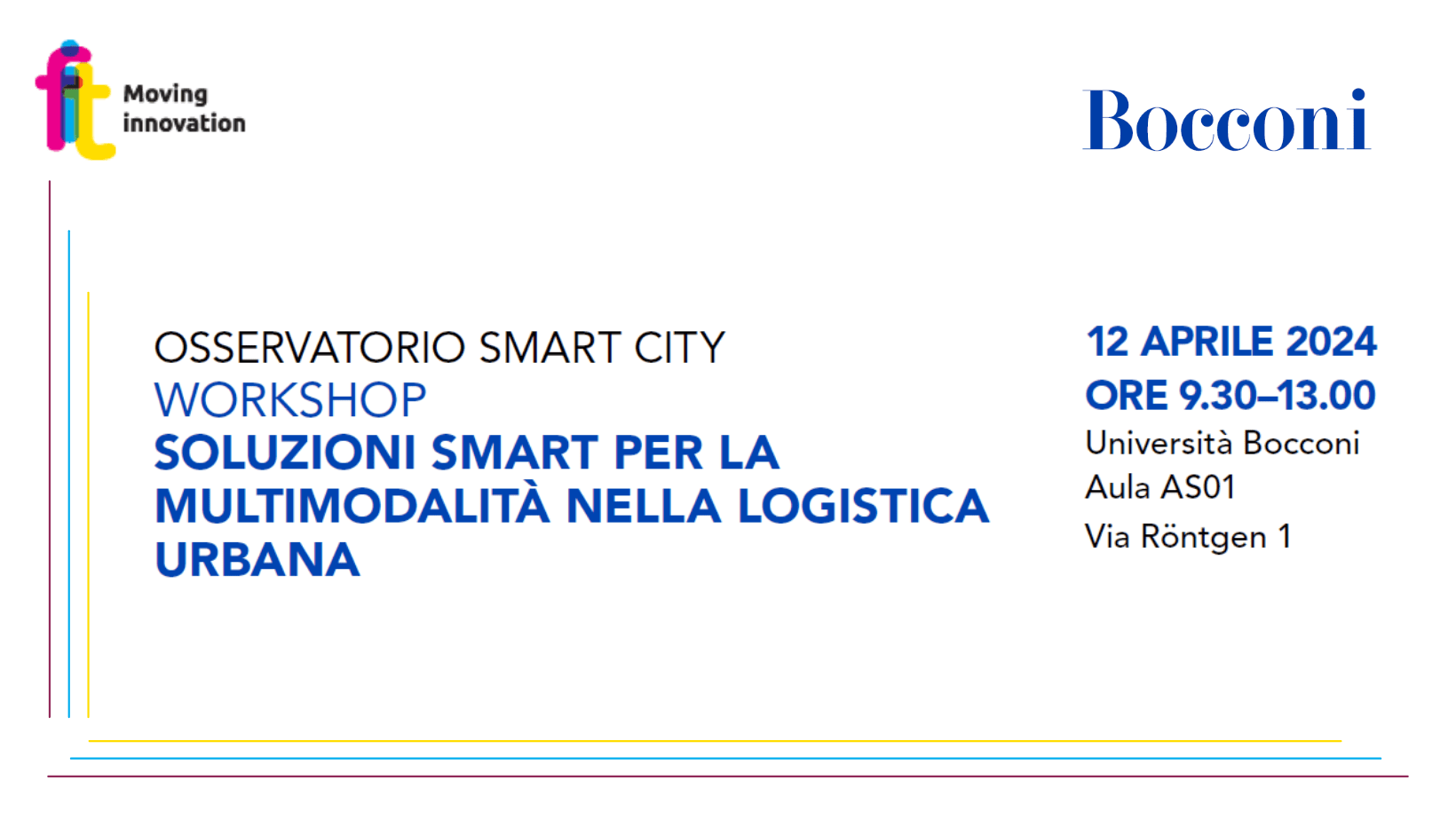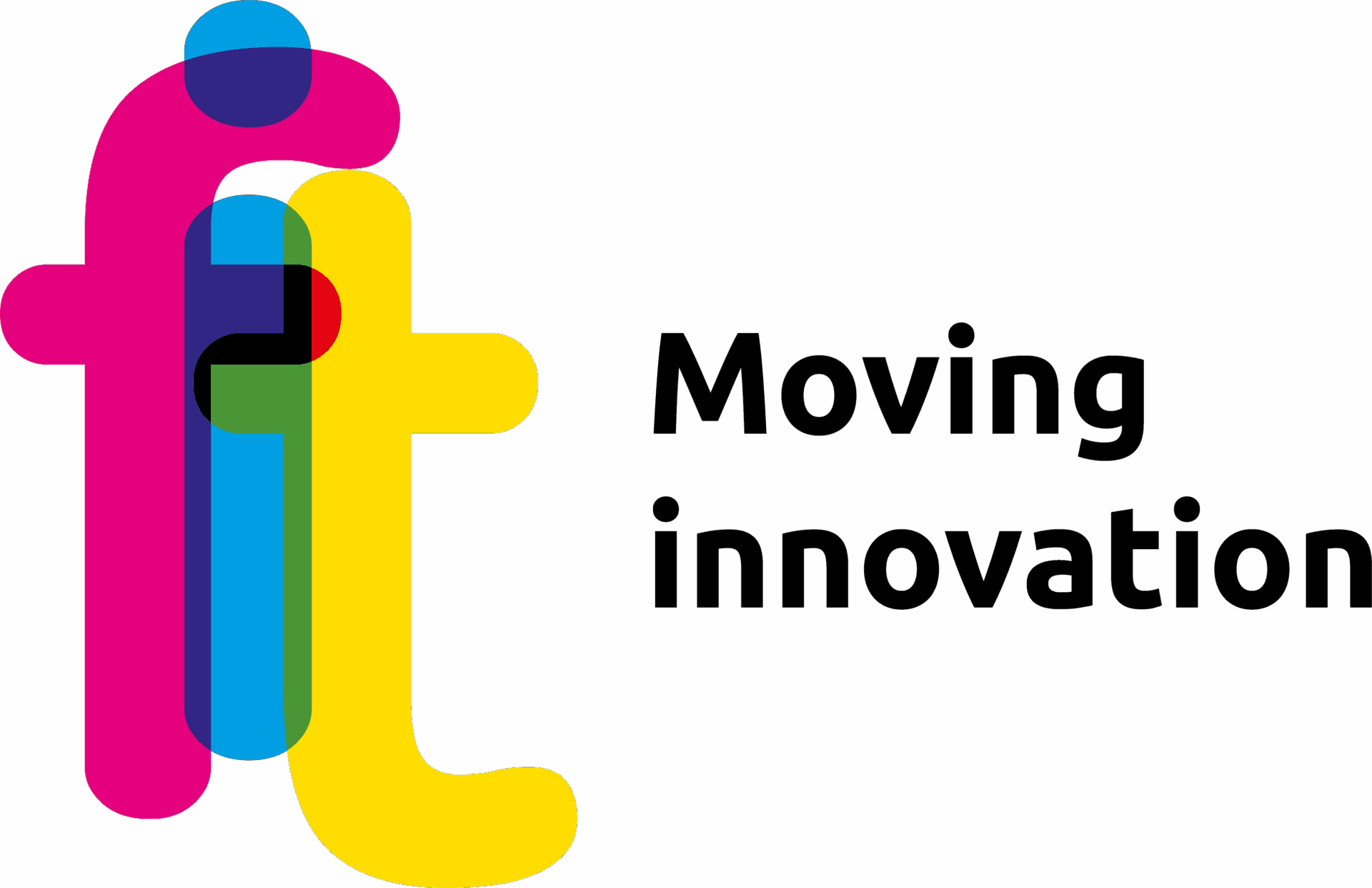Is it possible to combine MaaS (Mobility as a Service) projects with Artificial Intelligence in order to limit the obstacles that may be encountered when developing these platforms?
This question has been attempted to be answered in the CO2-TRAFFICAI consortium webinar session, composed by Martel Innovate, FIT Consulting, and Phoops and which has recently been selected to take part in Phase 1 of AI4Cities, an EU-funded Pre-Commercial Procurement (PCP) project, aiming to help cities accelerate their transition towards carbon neutrality.
C02-TRAFFICAI enables cities and their citizens to effectively collaborate in reducing CO2 emissions through a winning combination of regulation, active demand management, and user awareness and choice.
The solution combines a cloud-native platform, IoT sensors and data management, and artificial intelligence to boost improvements in both how CO2 emissions are dynamically assessed and what city stakeholders can learn and do with this new knowledge.
The final goal of the project is to promote environmental sustainability policies also in the field of transport and mobility. During the webinar different stakeholders were involved, each with different interests, including public administrations, universities, research centers and carpooling companies, in order to find governance models that help to reconcile the needs of different actors and generate an ecosystem with rules and protocols that allow collaboration and sustainability, not only environmental but also economic, of the project.
How? Thanks to Artificial Intelligence which is able to detect and simulate a range of situations, for example related to traffic or pollution levels, and automatically insert corrective measures.
AI can be used to combine traffic and air quality data to predict CO2 emissions, compare results from the use of certain policies, support the decisions of city operators, determine how much CO2 produced is attributable to a given cause and finally offer recommendations for citizens and users of MaaS systems.
Another central topic of the webinar, which was held in an interactive manner so as to allow the various actors involved to compare and exchange ideas and opinions on the proposed solutions, was the ethics of Artificial Intelligence so that autonomous control does not generate discriminatory elements, even in the context of mobility.
Find out more about CO2-TRAFFICAI project: https://bit.ly/3gVOAuE
Visit the official AI4CITIES website: ai4cities.eu/

